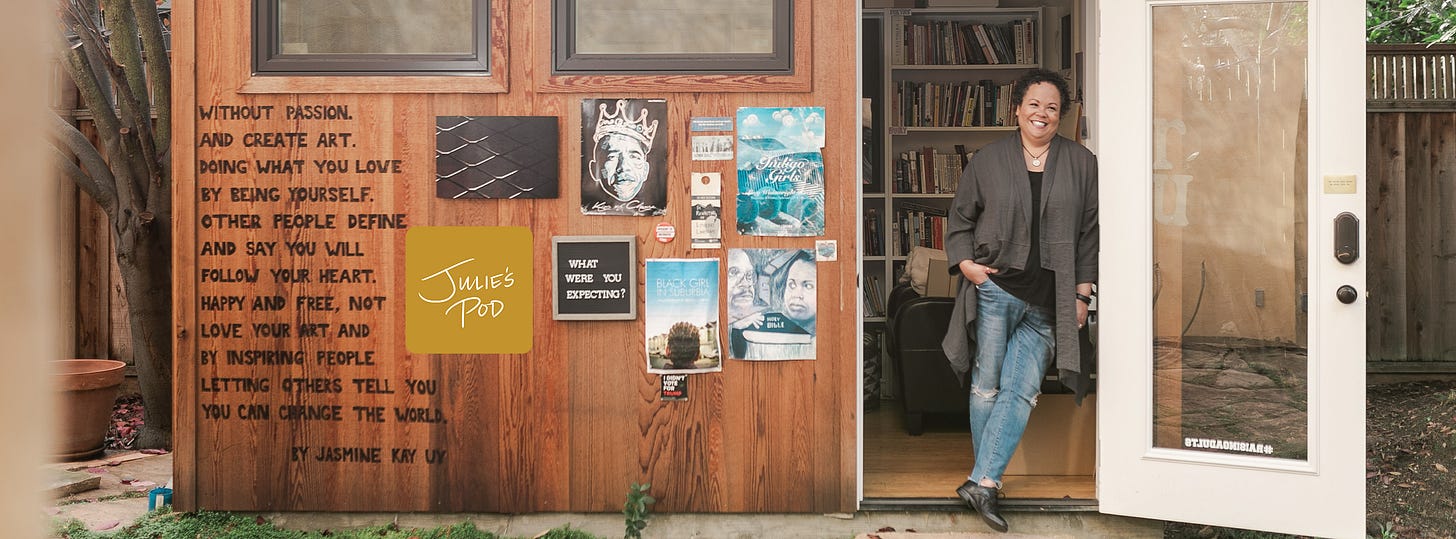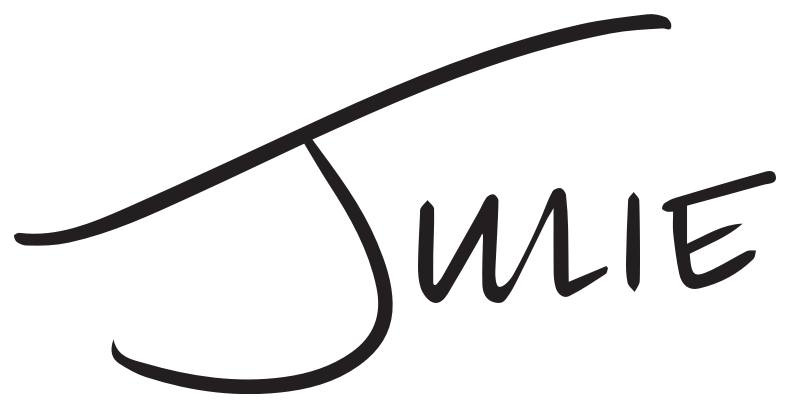New Yorkers pride themselves on ignoring each other as they walk or bike through town. I’m guessing it’s just a function of so many people. I mean, if you said Hi to one human, how would you not say Hi to the next, and before you know it you’d have a traffic jam of Hellos. I get it.
We don’t have that problem in my neighborhood. The pedestrians and cyclists come in reasonable batches. So, not only is it possible to offer a greeting to all, I’m the kind of person who wants to.
_____
On Mom’s and my regular walk through the neighborhood each morning, dozens of kids stream toward us on bikes en route to the famed local public high school: Henry M. Gunn. Most wear helmets. Some wear masks. Some tote large instruments behind them. Most bear a huge backpack. All appear lost in thought and pedal with determination.
As these kids stream by in hot pursuit of a high school degree, I feel like a spectator at a marathon who bears witness as an elite runner passes on a small stretch of their enormous journey. I silently root for these young athletes in this competition called childhood, who are so good at striving to be enough for us and who are desperate to break the ribbon of success which we promise awaits at the end of it all.
One bike stands out for its unusual shape thanks to a violin encased in black strapped atop the back wheel perpendicularly, forming a “T.” I wince at the thought of this contraption, more obstacle than bicycle, making its way unimpeded and without harming others each morning. That’s the empath in me.
I’d like for the kids in my city to know that their journey is visible, and that their efforts are marvelous. I feel an urge to clap as they go. But I don’t, because that would be weird.
_____
Besides, I’m a stranger to them. And that means danger. Unlike in my GenX childhood, for decades now kids have been instructed “Don’t Talk to Strangers” and so most don’t and are worried if you try. I should know. Over the years, as I’ve said hello to kids on sidewalks and streets and at the doorways of shops and whatnot, a good portion have looked at me warily so I’ve smiled back in a way that tries to convey, No wait, I’m a good guy which probably makes me even more suspect. “Stranger Danger” has made a bad guy of us all.
But strangers exchanging brief hellos is one way we can improve our mental health and begin to counteract our societal epidemic of loneliness. Research proves it works, proves that saying a simple “hello” helps the recipient feel a positive buzz of being “seen” and helps the giver feel good for doing something nice. (See links at the very end of this piece for the research behind this concept.) We all need that, especially our teens, whose mental health was not so great before the pandemic and now is much worse. And the cool beauty of offering a greeting is that it does come with a sort of Pavlovian response in return; good begets good if you can just get the person’s attention in the first place.
So, despite the constraints and unlikelihoods for success, I want to go for it with the young people heading to school each morning. But the question remains, will they return my greeting, or will the years of ‘stranger danger’ conditioning, their emotional discontent, and whatever thoughts swirl around in their teenage heads each morning thwart me?
_____
My quest begins on a morning walk in mid-November. The air is chilly. I’ve told mom my plan, and she’s in on it. At this hour, the kids who pass us on bikes are those who need to be at school early. Many are dressed for the weather. But some wear no coat, some even wear shorts, maybe knowing it’ll be high fifties by mid-day, maybe having no other choice, and I shiver just looking at them.
A large redwood tree blocks the sidewalk, and we follow a dirt path which wends to the side of the tree for a few feet. Mom and I come out from around the redwood and encounter a child on a bike coming toward us, looking forlornly at the pavement in front of them. "Good morning!" I project in a cheerful tone. The child stares straight ahead, but nods and mutters "Morning." It’s our first effort. I count it as a win.
Next, a lone teenager approaches by bicycle, wearing a mask. Mom joins me in a louder "Good morning!" The kid gives us a side glance, nods, and replies, “Morning,” in the voice of a soldier responding to a superior. He carries on. Mom and I fist bump.
It feels like a small game. We are now two-and-oh. How many teenage strangers can we wreak some good upon this morning? More teens glide toward us in packs of two and sometimes a single file of four or even five streams by. "Hello!” we exclaim right as they pass us. “Morning!” we say, as they pedal hard to stay in formation en route to the high school. We get some replies. Some of the silent ones are sporting earphones. Mom and I turn to each other and explain, They just couldn’t hear us.
As the days go by, I start to recognize a few faces under the helmets and behind the masks. The pair of three that always waits for a fourth to come down a side road before carrying on. The lone violinist. Feeling less like strangers and more like unofficial greeters in the Hello Brigade, Mom and I get more bold. Our voices are a smiling exclamation. Our heads snap in the kids’ direction. Our hands wave too. And more and more kids respond: "Hello" "Morning” “Hello" "Good morning" "Hello.”
It’s been two months, and although I’ve got no official study, no control group, no spreadsheet, not even a little piece of paper where I make a tally with a pencil, I feel that it’s working. Last week, when a singleton came toward us we shouted, “Good morning.” When the kid shouted it back at us, her eyebrows jumped up and down, and I was oddly and deeply delighted.
_____
Acknowledging our fellow humans matters. Acknowledging teenagers will get you into heaven. What more can we do to help our teens feel more seen, supported, and less alone? Comment below with what you are doing for the teenagers in your life, or with ideas for what you could do?
Oh, and today, the lone violinist biked by on the early side of things, as usual. Call it wishful thinking on my part, but I swear that this time she waved first.
🏡 You've been in Julie's Pod, an online community of over 12,000 people who want to open up about our lives, be vulnerable, learn and grow, and in so doing help others learn and grow.
✍ If you left a comment on any post before today, thank you. I've probably responded. Typically, comments are quite thoughtful, so please feel welcome to join the conversation whenever you feel like it.
☎️ For those who are not comfortable commenting publicly, I've set up a hotline 1-877-HI-JULIE where you can leave an anonymous voicemail to let me know what's on your mind, whether about a piece I wrote or something going on in your life.
𝟭+𝟭The Julie's Pod community grows fastest when you share this post with a friend. So, think about who might want to read this piece, and please forward it to them. If you want to just provide the link, it's here:
🪴 Julie’s Pod comes to you either free, or for a fee of $7/month. The free tier gets you a newsletter just like this one 3-4 times per month. The paid tier gets you the newsletter, plus exclusive videos of me answering reader questions, confessional videos about “Life’s Beautiful F Words” (failing, falling, floundering, falling apart, outright fucking up) which I offer in the spirit of all of us being imperfectly human and also to demonstrate how we can name and learn from our mistakes, listicles of things I recommend from books to products to shows, and some free “Julie’s Pod” stickers for your laptop, water bottle, and wherever else you want to put them.
🧐 If you're interested in my work more broadly, check out my website and my social media, where I'm @jlythcotthaims no matter what platform you’re on.
📓The promised follow up links: Psychologists have studied the impact of saying hello to strangers. You can read a research summary here, an article written particularly for parents here, and another writer opining on the matter here. You can do it. I believe you can.
xo
© 2023 Love Over Time LLC All Rights Reserved
📸 Cover photo courtesy of: Substack/Eliot Reyna







I live in New Orleans and this is common practice here. While I'm sure Stranger Danger is as insidious as it is everywhere else, New Orleanians are ingrained to give a good "how are you doing?" to everyone. Waiting in line at the store? Chat up the person behind you. Riding an elevator? How about that Saints game? Walking down the street? At minimum nod, but more likely it's "hey, how are you?" or "where y'at?"
I noticed this habit after Katrina when I was evacuated to Atlanta. I still chatted people up in line - and they made it a point to move away from me. I wasn't even born here in New Orleans, but I definitely acclimated to the talk-to-everyone habit.
I've tried to teach this habit to my son (now an adult) with mixed results. He's naturally shy and did get some Stranger Danger messaging at school (NOT from me). Rather than not talk to people, I encouraged him to talk to everyone, to get to know people. His basic nature (or the messaging he got from school and friends), however, still leads him to be more reserved than is typical here. Still, he knows that's the "way" and I think he'll come around eventually.
This is fabulous, Julie! I love it.
I don't often talk to The Horde, as we fondly call the high-school cyclists - when we see them, it's usually a huge pack of 30 and it's just hard to make eye contact with that many people at once.
But I talk to kids in public places like stores or airports. I think it's important for them to learn what a normal interaction with a stranger is, so that they have a baseline to compare to if they have an interaction that doesn't feel right.
And when I'm biking on a trail, after I've called out "on your left" to let someone know I'm passing, I'll say a "good morning" as I go by. It makes me feel less like I'm asking them to get off the sidewalk and more like we can enjoy the space together.